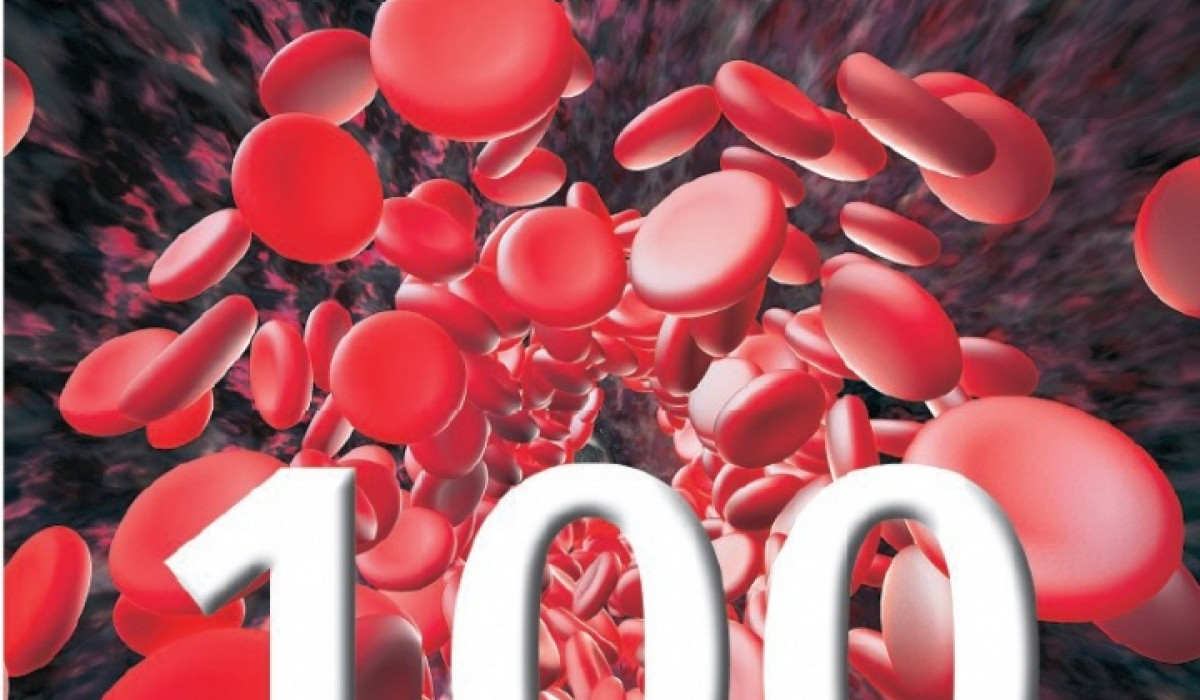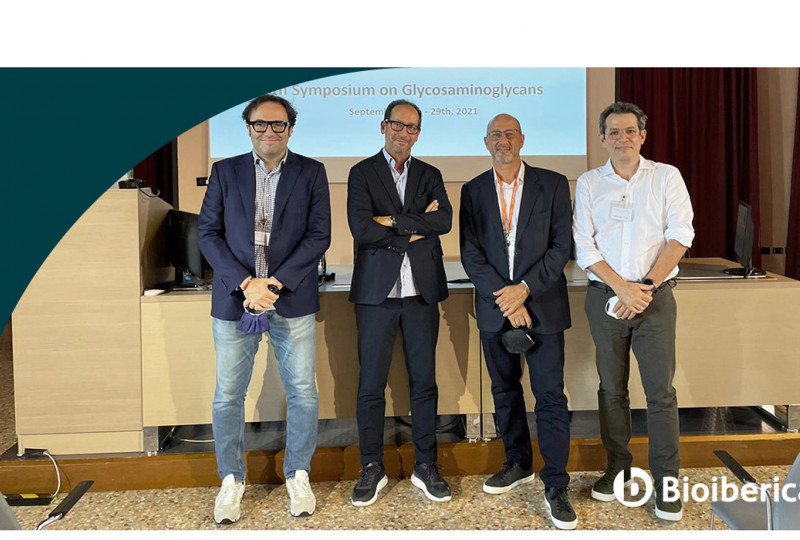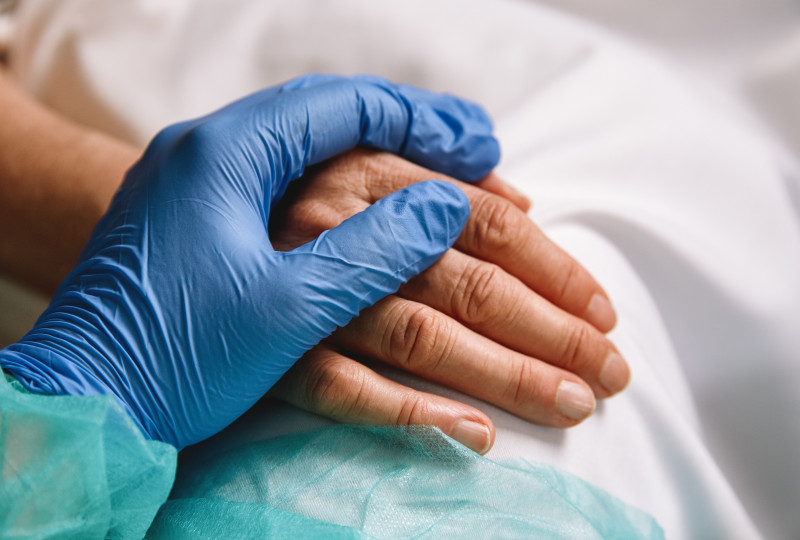La Razon and Telemadrid, winners of Bioiberica’s 1st Journalism Award on Heparin
- Gaceta Médica and Hogarmanía came up second in their respective categories
- This contest recognized the best journalist works on heparin published in 2016, the year in which we are commemorating the discovery of this molecule
- Heparin is the most commonly used anticoagulant and antithrombic drug in the world; it is estimated that it saves more than 100 million lives each year

Alba Jiménez, journalist at the Spanish daily La Razón, and Luis Benedicto, journalist at Telemadrid TV, are the winners of the 1st Journalism Award on Heparin, which was awarded by Bioibérica on the occasion of the centenary of the discovery of this molecule.
Jiménez received first prize in the category “Paper and Online Press” for his report entitled “100 años de Heparina” (100 Years of Heparin) which was published in A tu salud, La Razon’s health supplement, on the 26th of June. This article reviewed the history of this drug and what it meant for medicine. “If penicillin brought a revolution in antibiotics, heparin did the same in the field of anticoagulation”, begins the article, which goes on by explaining how it is manufactured, highlighting the fact that Spain is a leader worldwide in the production of this drug.
Benedicto won the first prize in the category “Audiovisual Media” for his news report included in Telemadrid’s two daily news broadcasts of 17 June. In that report, Dr. Valentí Fuster, Head of the Cardiology Unit of the Mount Sinai Hospital in New York, United States and General Director of the Carlos III National Centre in Cardiovascular Research, explained that “heparin supposed an absolutely fundamental landmark in medicine. Yesterday, in fact, while I was in New York, three of my patients were treated with heparin”. This report highlighted the fact that heparin is the treatment of choice for the prevention of venous thrombosis, a pathological process which, every year, kills more people than cancer, HIV or traffic accidents.
The jury of the award, formed by Dr. Jorge Sierra, President of the Spanish Society of Hematology and Hemotherapy; Ms. Fátima Lois, director of communications at the Carlos III Spanish National Center for Cardiovascular Research (CNIC); Ms. Lucía Cecilia, director of communications at Asebio; and by Mr. Juan Carlos Esteban, Catalan delegate of the Association of Biotech Communicators, awarded second prizes to Carmen Rodríguez, journalist at Gaceta Médica (see article), and to Elizabeth Casillas, journalist at Hogarmanía (see article).
The jury assessed the journalistic rigor and quality of all these works, as well as their interest and attractiveness for readers, dissemination, and in-depth examination of the subject. They also praised the high quality and standards of the works submitted, and highlighted the fact that these prizes are making known a drug which has saved as many lives as penicillin, but that it is not as widely known by society.
Related News
A crucial initiative to prevent shortages of critical medicines in the European Union.
The 28th Symposium on Glycosaminoglycans, an internationally renowned scientific event focusing on glycosaminoglycans, will be sponsored by
- Bioiberica produces 20% of the world's Heparin API.
- Heparin saves around a hundred million lives every year.
- One out of every 5 doses of heparin administered in the world comes from Bioiberica.


